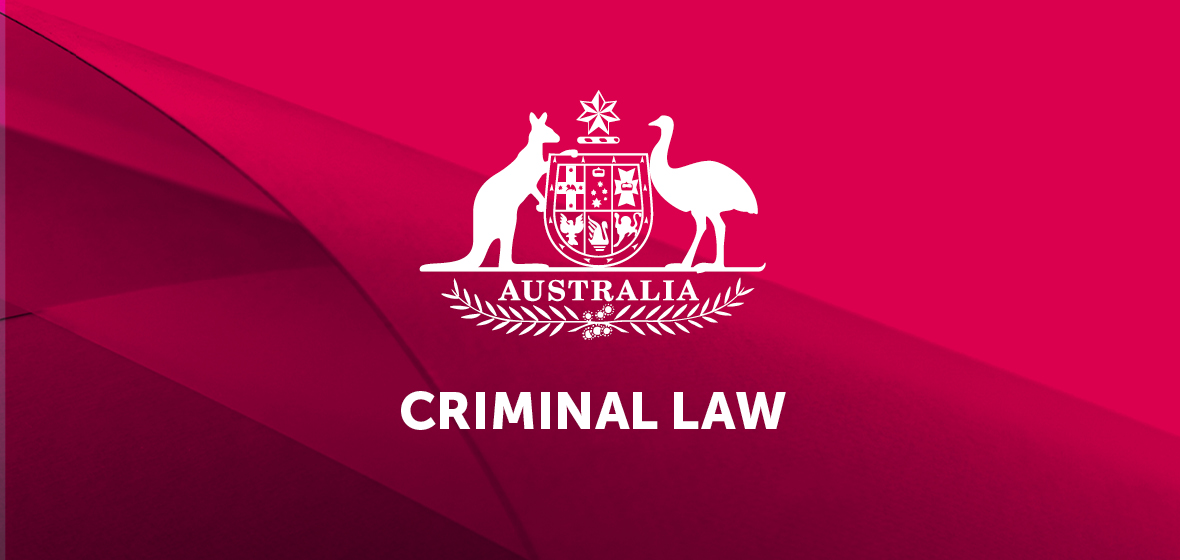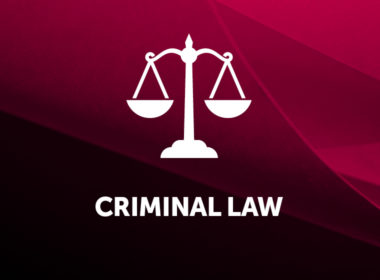Key decisions
- Emily Salisbury v Local Court of New South Wales and anor [2016] NSWSC 1082
- Castle v R [2016] NSWCCA 148
- Jeyavel Thangavelautham v R [2016] NSWCCA 141
Emily Salisbury v Local Court of New South Wales and anor [2016] NSWSC 1082
PRACTICE & PROCEDURE – powers of Local Court – whether accused can be directed to serve expert evidence in advance of defended hearing – right to silence.
Can the Local Court direct an accused person to serve their expert evidence in advance of a defended hearing? In this appeal from the Local Court to a single judge of the Supreme Court, Bellew J held that there is no power to make such an order, given the right to silence.
The appellant received a penalty notice for speeding. She elected to deal with the matter by way of hearing in the Local Court. On the day of hearing, the appellant’s counsel indicated that an expert witness was present for the accused. The police prosecutor complained that they had not been given notice of the defence expert, and so because they did not have their own expert there the prosecution was not ready to proceed; the prosecutor sought an adjournment. Counsel for the accused responded that they were not required to provide notice. Despite the objection, the Magistrate adjourned the proceedings. Moreover, the Magistrate indicated that he proposed to make orders requiring the accused to serve their expert report in advance of the new hearing date, with the prosecution to serve theirs in reply – the accused objected to the requirement of service of their report. The Magistrate replied that there was an inherent power in the Local Court to control its own proceedings and duly ordered the timetable. The appellant appealed on the basis that the Magistrate erred by adjourning the proceedings, and by ordering the service of the expert report.
Bellew J held that the Magistrate erred by ordering the service of the report (at [24]), but found it unnecessary to consider whether it had been an error to adjourn the proceedings (at [35]). His Honour found that the Local Court’s implied powers do not go so far as to allow the Local Court to make an order the effect of which is to abrogate a fundamental common law principle (in this case, the right to silence in accusatorial proceedings). This was to be contrasted with case management legislation in the District and Supreme Courts such as s 143(2) of the Criminal Procedure Act, which confers an express power on those courts to require an accused to serve any expert reports (at [34]).


